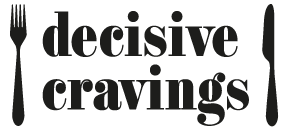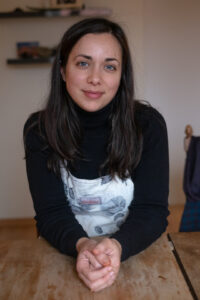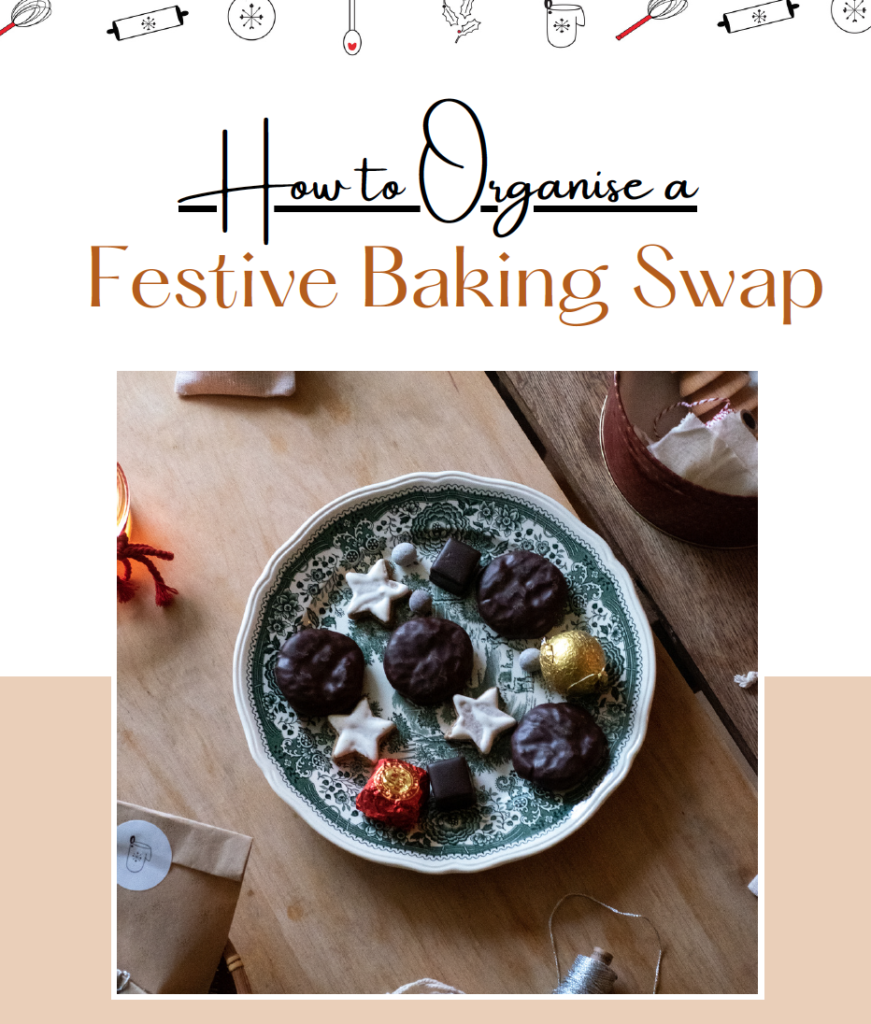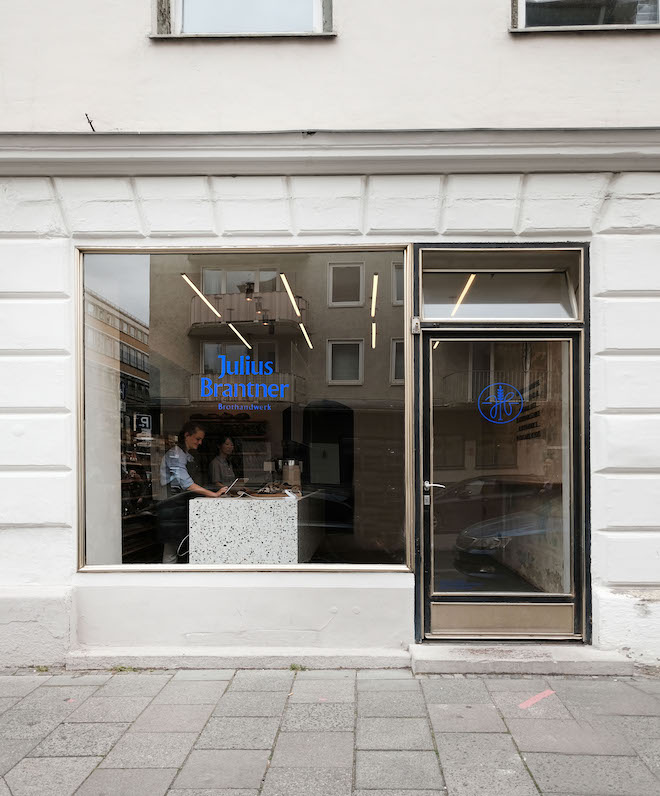
Julius Brantner – Foodie Profile
In our latest Foodie Profile I chat to Julius Brantner, a Munich based baker who is one of the few of his kind in the country. He shares a little bit about his process, breads on offer at his bakery, and where to find ‘real German bread’ in Germany.
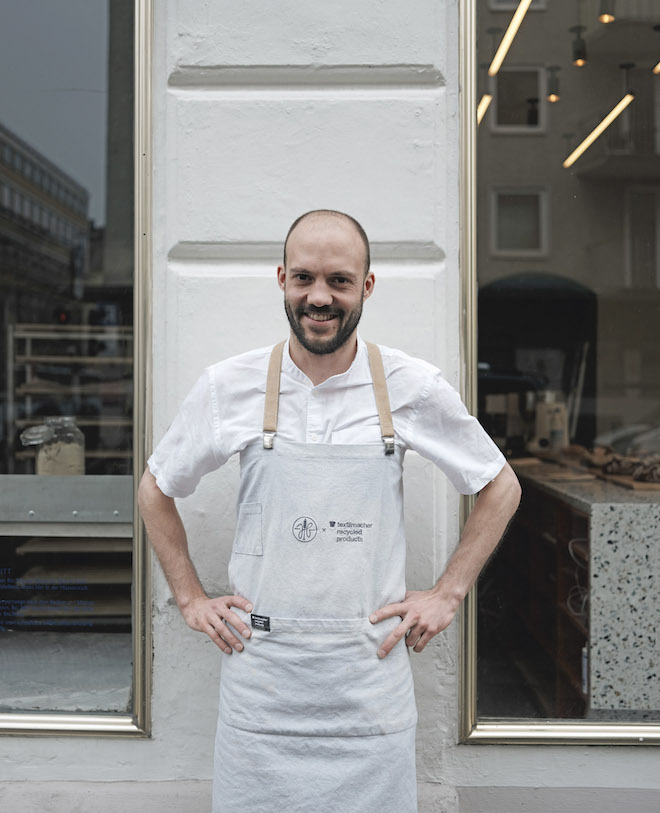 Julius Brantner outside his bakery in Munich
Julius Brantner outside his bakery in Munich
1. Could you share with us a bit about your journey becoming a baker and then opening your own bakery?
My grandfather and my father are bakers themselves, so even as a child I spent a lot of time
in the bakery and I always enjoyed baking. When I was 16 years old, I did an internship at the
bank, but that was not for me. After my apprenticeship I travelled the world for 10 years
(Australia, Austria, America, Japan etc). I visited different bakeries and learned to really love
the craft.
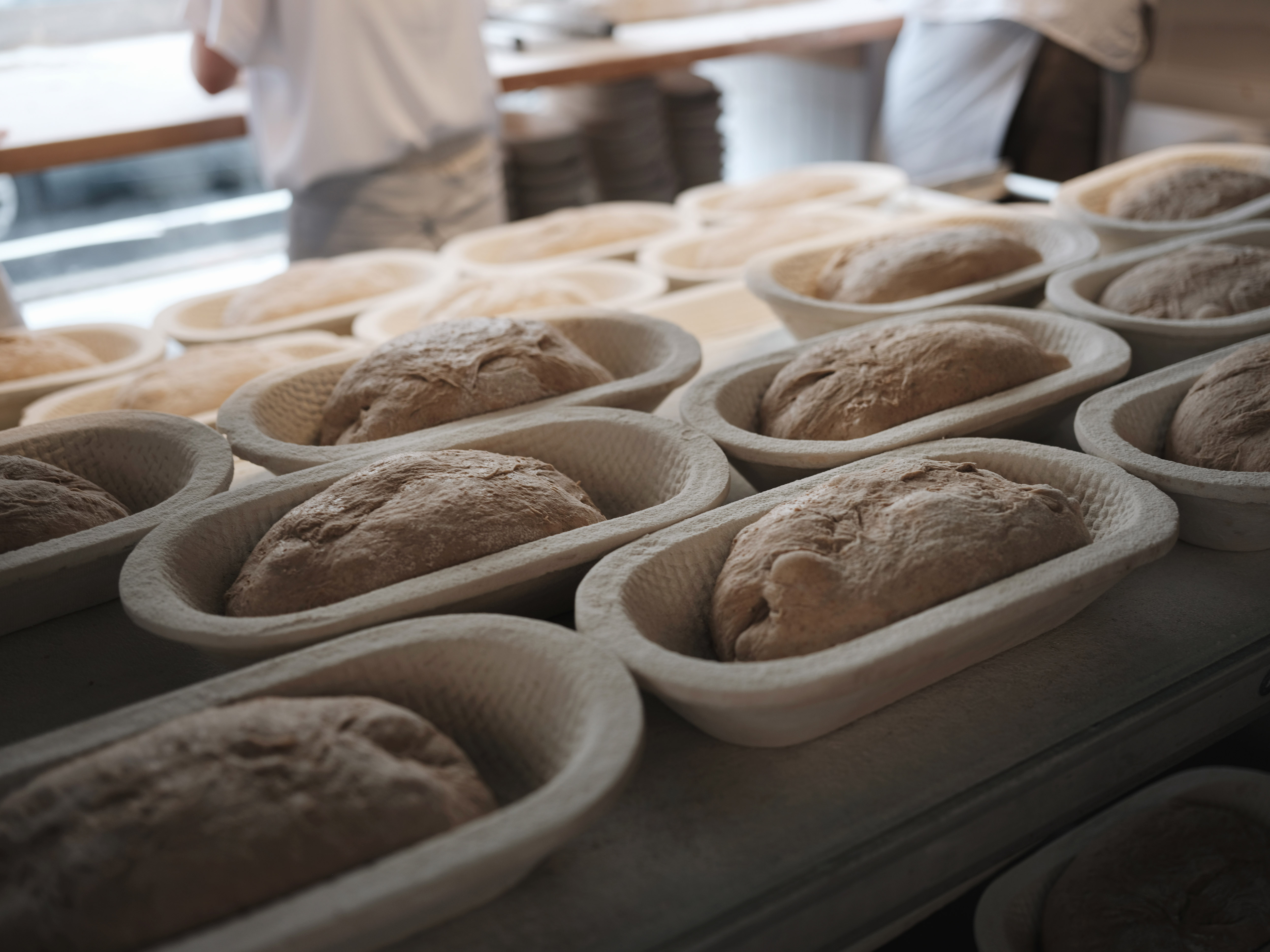
2. What lead you to open your own bakery and what was your vision for it?
There are many industrial bakeries that work with baking improvers to keep the
bread fresh longer, or that the dough rises faster or the bread tastes smokier due to artificial
flavours, for example. For me this has nothing to do with the craft of baking anymore. Bread
has also had a worse reputation in the last years because many people can no longer tolerate it
The reason is if it has no dough rest, the so-called FODMAPS cannot break down and people
get for example, problems with their digestion.
I would like to change this with my transparent bakery. I only use organic ingredients from
the region, use my own natural sourdough and give all my doughs at least 24 hours
rest. This way my breads stay fresh for 4 to 5 days without any problems.
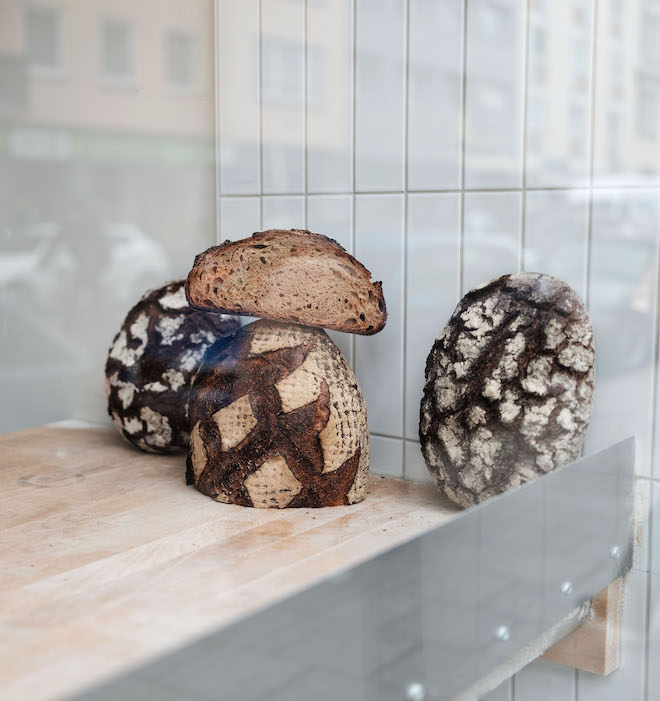
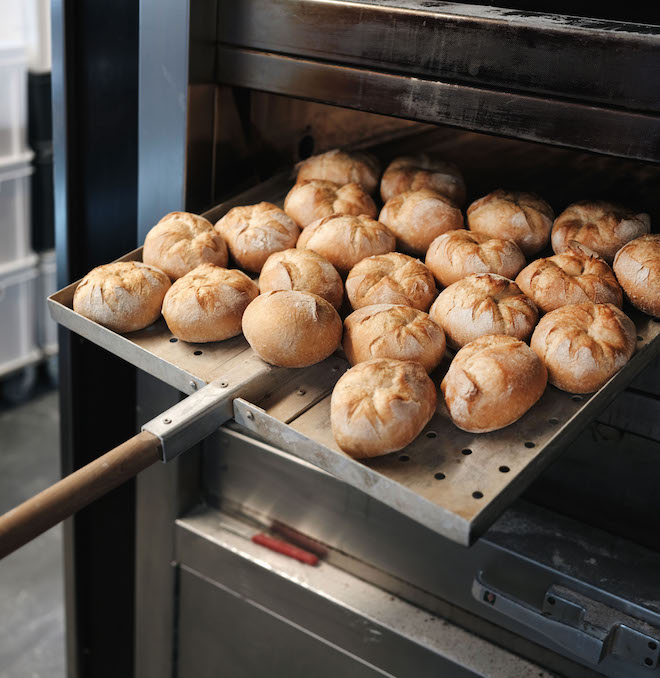
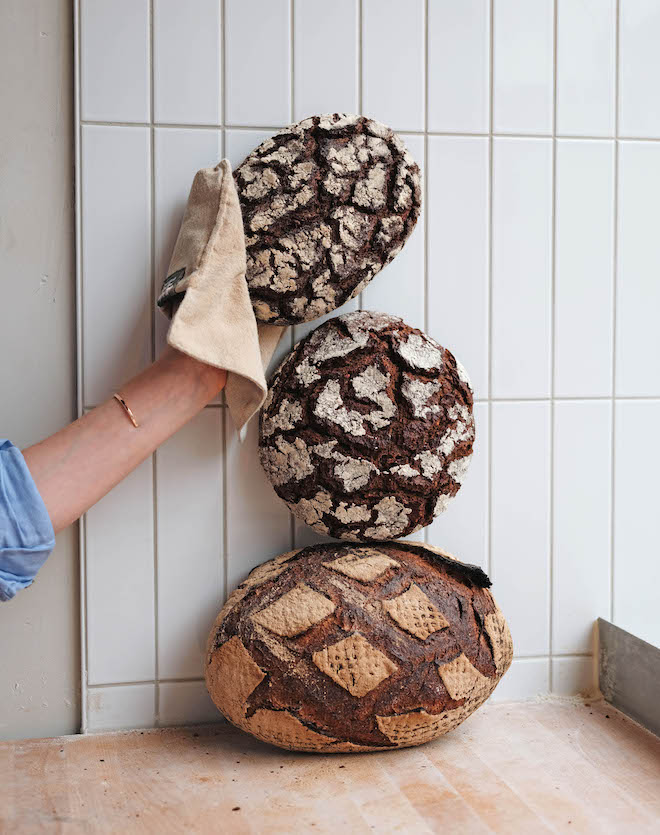
3. Could you tell us about the types of bread you offer at your bakery and any seasonal changes?
I offer three types of bread and two types of rolls every day. My signature bread the Organic Brothandwerk 25 – with a very crispy crust and a fluffy crumb. Then my Bio Lichtkornroggenbrot (a very old
type of rye) with fermented apples and the Münchner Hauslaib with Bavarian spices. From
Tuesday to Friday we have a different bread special every day. Wednesdays, for example, our
Bio Französisches Landbrot (French country bread with organic butter) and Thursdays a
organic walnut sesame bread. My Handsemmel (a traditional roll) is still individually
wrapped/shaped by hand, I am the only one in Munich who still does that. I often try new things like cinnamon buns or brioche croissants.

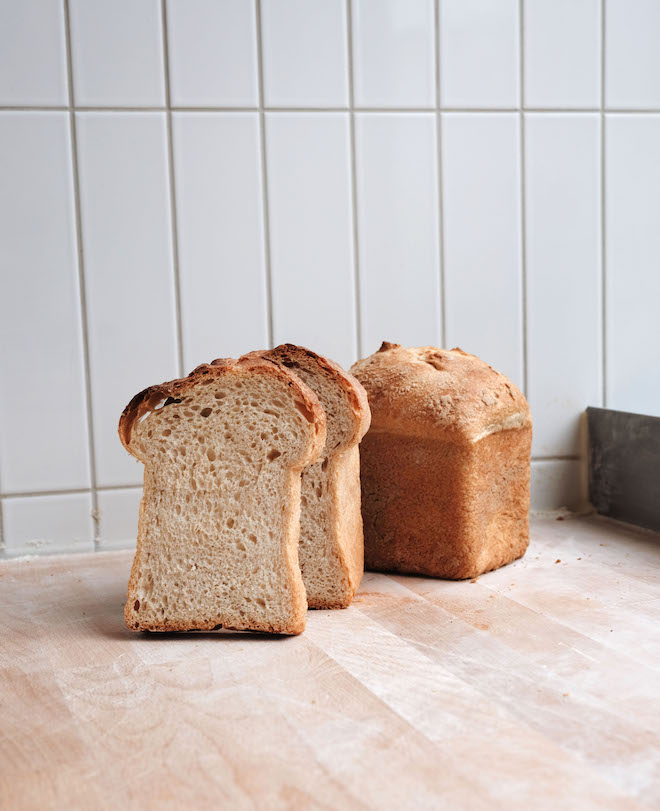
4. In terms of baking, could you tell us a bit about your process.
I use my own natural sourdough and all my breads and rolls rest for exceptionally long periods. For all
my breads, this is always at least 24 hours dough rest. We also fold all the breads using an old
folding technique developed by my grandfather, because our doughs are very soft and
therefore cannot be processed industrially.
5. Are there any trends or requests you are getting from your clients in terms of types of breads, pastries, and rolls, etc?
I have a very small assortment and very limited space in my bakery. Most customers mostly
want pretzels (typical in Bavaria) or something sweet. I am currently working on a sweet
product, but I am a perfectionist.
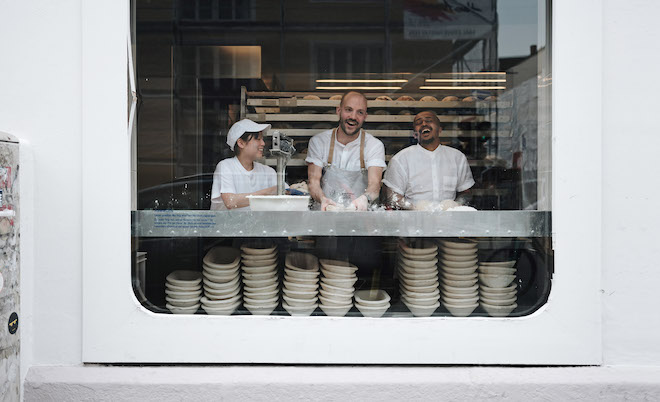
6. How does your baking differ from other bakers in Germany, including what you mean by 100% handarbeit (work done by hand)?
As I said the biggest difference is the long dough rest and my small assortment. So every
product is really unique and of a very high quality. I am sold out on many days and so I don’t
have to throw away baked goods in the evening.
7. For visitors to Germany, apart from your own, which bakers/bakeries do you highly recommend?
Max Kugel in Bonn and Brotpuristen in Speyer.
8. What types of bread do you think non-Germans must try in order to gain a better understanding of the German baking tradition?
That depends on the region. In northern Germany dark rye bread (Schwarzbrot) is very
common and in the south rather mixed or wheat breads or (Semmeln) rolls.
9. Would you be open to sharing a simple baking recipe for our readers?
Unfortunately all my recipes are not really suitable for baking at home, but I always recommend the Christstollen to foreign guests and the recipes of Lutz Geißler are more suitable for baking at home. Check out: https://www.ploetzblog.de/stollen/
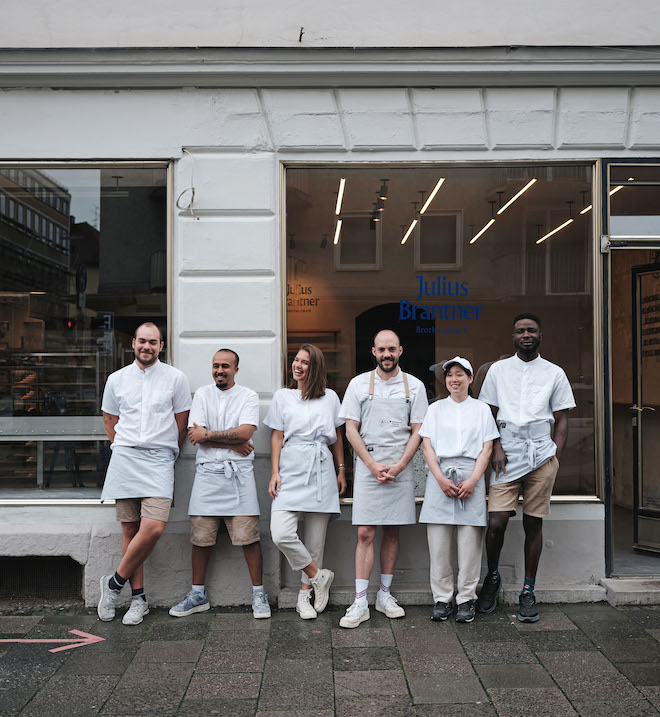
CONSCIOUSNESS
Julius’ main focus in his business is sustainability.
“All my ingredients are organic quality and preferably from the region. I pay all my employees fairly. We would also like to donate the proceeds from the reduced VAT to a charity organisation at the end of the year. I also regularly support cultural projects or schools, kinder gardens with bread donations.”
